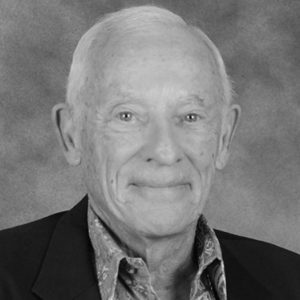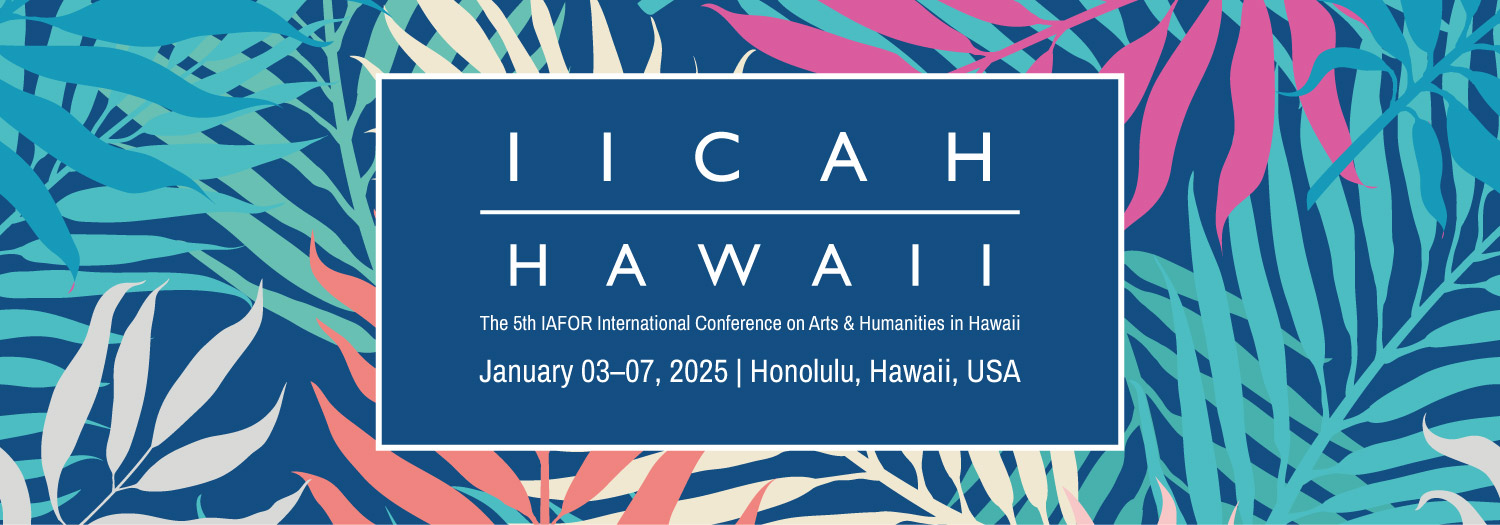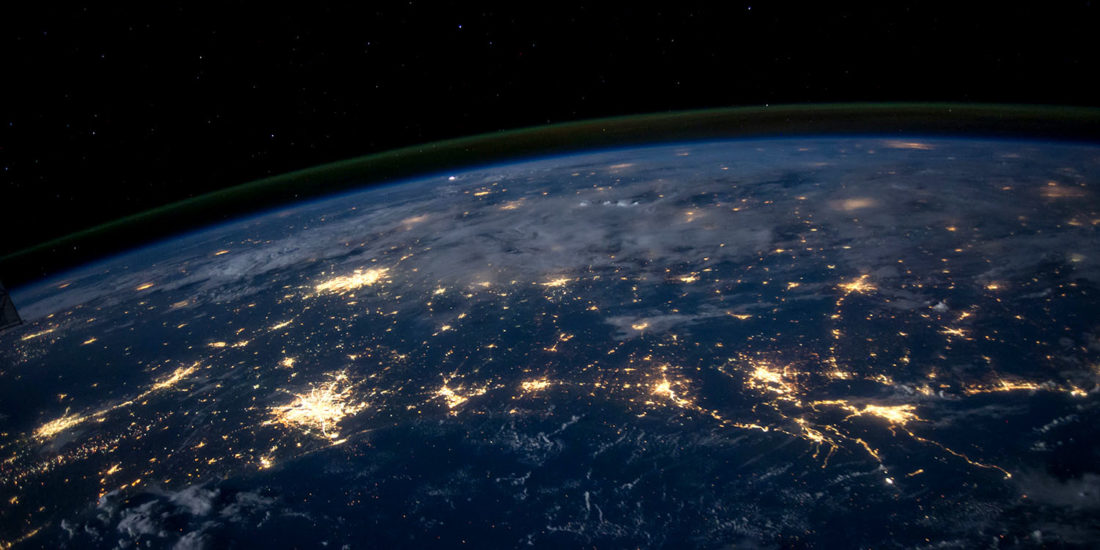“Higher Education Across the Globe: A Time of Transformative Change” by Deane Neubauer of the University of Hawai’i at Manoa, United States, has been announced as the first keynote to be presented at The IAFOR Conference on Arts & Humanities (IICAH2022), on-site in Honolulu, Hawaii, United States.
To participate in IICAH2022 as an audience member, please register for the conference.
IICah2022 will be held alongside The 7th IAFOR International Conference on Education (IICE2022). Registration for either conference will allow delegates to attend sessions in the other.
The presentation will also be available for IAFOR Members to view online. To find out more, please visit the IAFOR Membership page.
Abstract
Higher Education Across the Globe: A Time of Transformative Change
The varied impacts of the global COVID pandemic, stretching now into its third year, have and are affecting higher education throughout the world. In this session, we will examine some illustrative, albeit dramatic, changes that are impacting higher education throughout the world with a particular emphasis on the United States. Our goal is to initiate discourse on the extent and overall impact of these changes. The examples highlighted in this paper and presentation are meant to serve as “triggers” for subsequent wide-ranging discussions of the participants in this Honolulu meeting.
It is both trivial and vital to acknowledge that the past two years have been unlike any other in recent world history: trivial in the sense that the range and intensity of events are such that they have been experienced as essentially inescapable for us all, irrespective of one’s location on the planet; vital in the sense that many of the changes brought into societies by the nature of the pandemic remain beyond “knowing” and will “play out” in years to come. As we seek to enumerate, acknowledge and analyze the pandemic’s effects on higher education as a vital segment of society that has been dramatically impacted, it is important to “broaden the frame” of such an inquiry by acknowledging further that the pandemic “arrived” into a world of higher education that was already on the cusp of yet another major transformative force that was both “unleashed” and embodied within the complex dynamics of what was has come to accept as the 4th Industrial Revolution (4th IR) generated by the impacts of artificial intelligence on the world.
This meeting in Hawaii is an occasion to invite inquiry about how these two macro forces are confronting each other within higher education settings across the globe and to speculate on which changes that may emerge from this confluence of forces may prove to be enduring. However one constructs such analyses, it seems beyond question that important aspects of higher education as we knew and experienced it prior to the pandemic will be changed, and perhaps with sufficient cumulative effect that our intellectual task in the near future will be to conduct a continuous assessment of this changing environment and begin a disciplined set of speculations about the nature and impact of what we can identify as elements within these powerful change dynamics.
In the following our intention is to create some ‘discussion areas' based around recent speculations about the various directions in which higher education in all its forms may take. Our particular focus is to gather together some recent speculations on transformations that may occur as a result of the pandemic and/or the rapid progressions of artificial intelligence within the environment that it has created. Having created a generalized context by doing so, our further intention is conduct two sessions of the January 2022 IAFOR meeting in Honolulu on days two and three to a critical open discussion of these continually emergent transformative dynamics which we hope will generate new insights into the overall phenomena and perhaps create new dimensions for further research.
Some Aspects for Reflection
Here I would like to offer for our collective consideration the following “elements of change” that have been variously pointed out as consequences of the Pandemic. My intention is to very briefly frame these observations within the context of American higher education and invite colleagues from other parts of the higher education environment to respond to the intent of the observation with information from their own higher education reference setting.
- The rapid decline of marginal institutions
- The continued decline of higher education enrollment
- Impacts on international students mobility including growing mobility
- Reconsiderations of and shift away from academic tenure
- Increased use of contract faculty
- Increase use of distance education
- Growing emphasis on non-degree education and training
- Increased student dependence on social media
- The rapid decline of marginal institutions
Speaker Biography
Deane Neubauer
University of Hawai’i at Manoa, United States
 Deane E. Neubauer is Professor Emeritus of Political Science at the University of Hawaii, Manoa. He currently also serves as the Associate Director of the Asia Pacific Higher Education Research Partnership (APHERP) which conducts a wide range of policy-focused research with a special focus on higher education. He is also currently an adjunct senior fellow of the East-West Center in Honolulu, Hawaii. Deane holds a BA from the University of California, Riverside, and MA and PhD degrees from Yale University. Over the course of his career he has focused on a variety of political and policy areas including democratic theory, public policy, elections and various policy foci, including education, health, agriculture and communication. He has held a wide variety of administrative positions at the University of Hawaii, Manoa and the 10 campus University of Hawaii system. He also has over twenty years of experience in U.S.-oriented quality assurance.
Deane E. Neubauer is Professor Emeritus of Political Science at the University of Hawaii, Manoa. He currently also serves as the Associate Director of the Asia Pacific Higher Education Research Partnership (APHERP) which conducts a wide range of policy-focused research with a special focus on higher education. He is also currently an adjunct senior fellow of the East-West Center in Honolulu, Hawaii. Deane holds a BA from the University of California, Riverside, and MA and PhD degrees from Yale University. Over the course of his career he has focused on a variety of political and policy areas including democratic theory, public policy, elections and various policy foci, including education, health, agriculture and communication. He has held a wide variety of administrative positions at the University of Hawaii, Manoa and the 10 campus University of Hawaii system. He also has over twenty years of experience in U.S.-oriented quality assurance.

